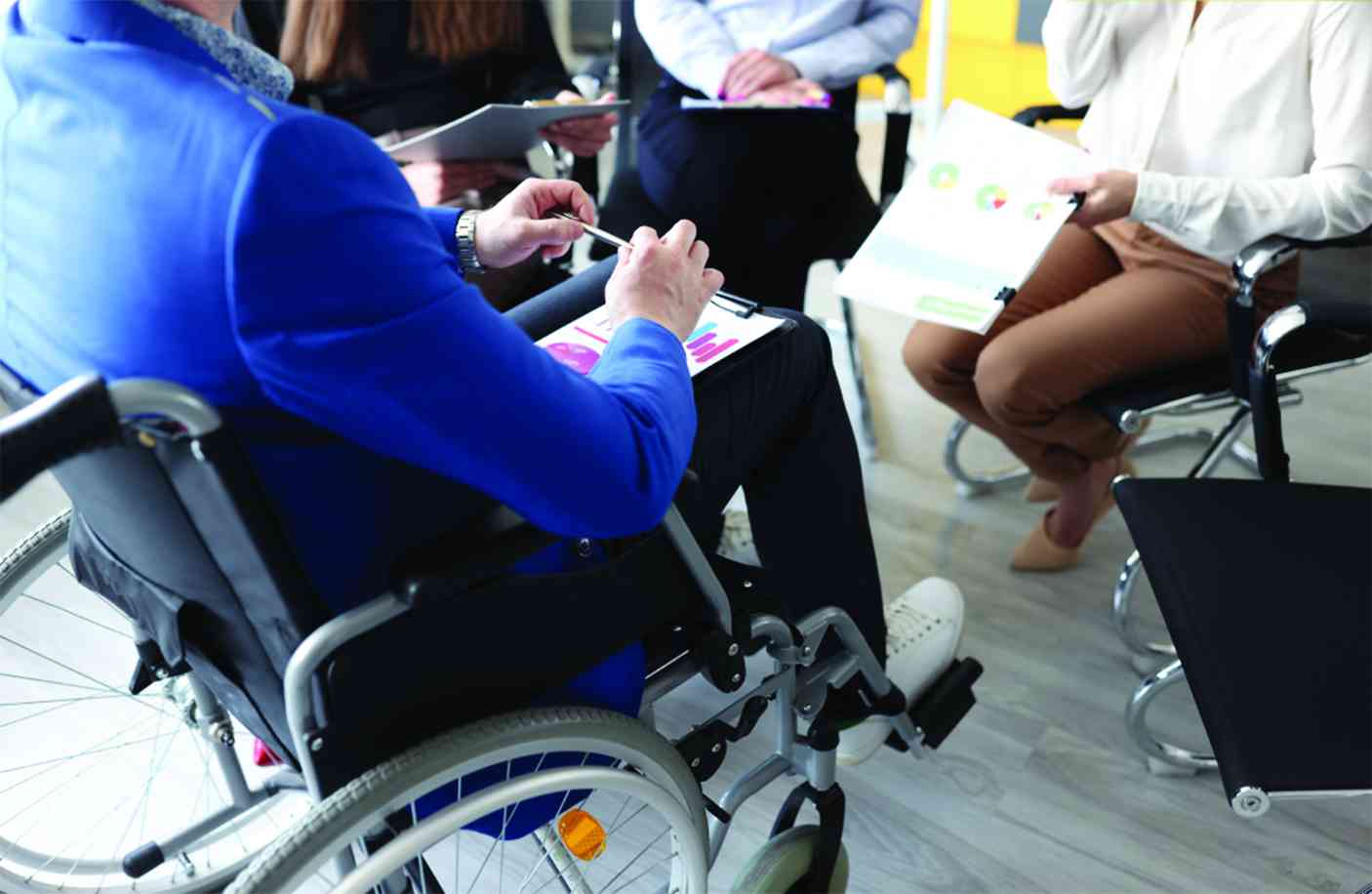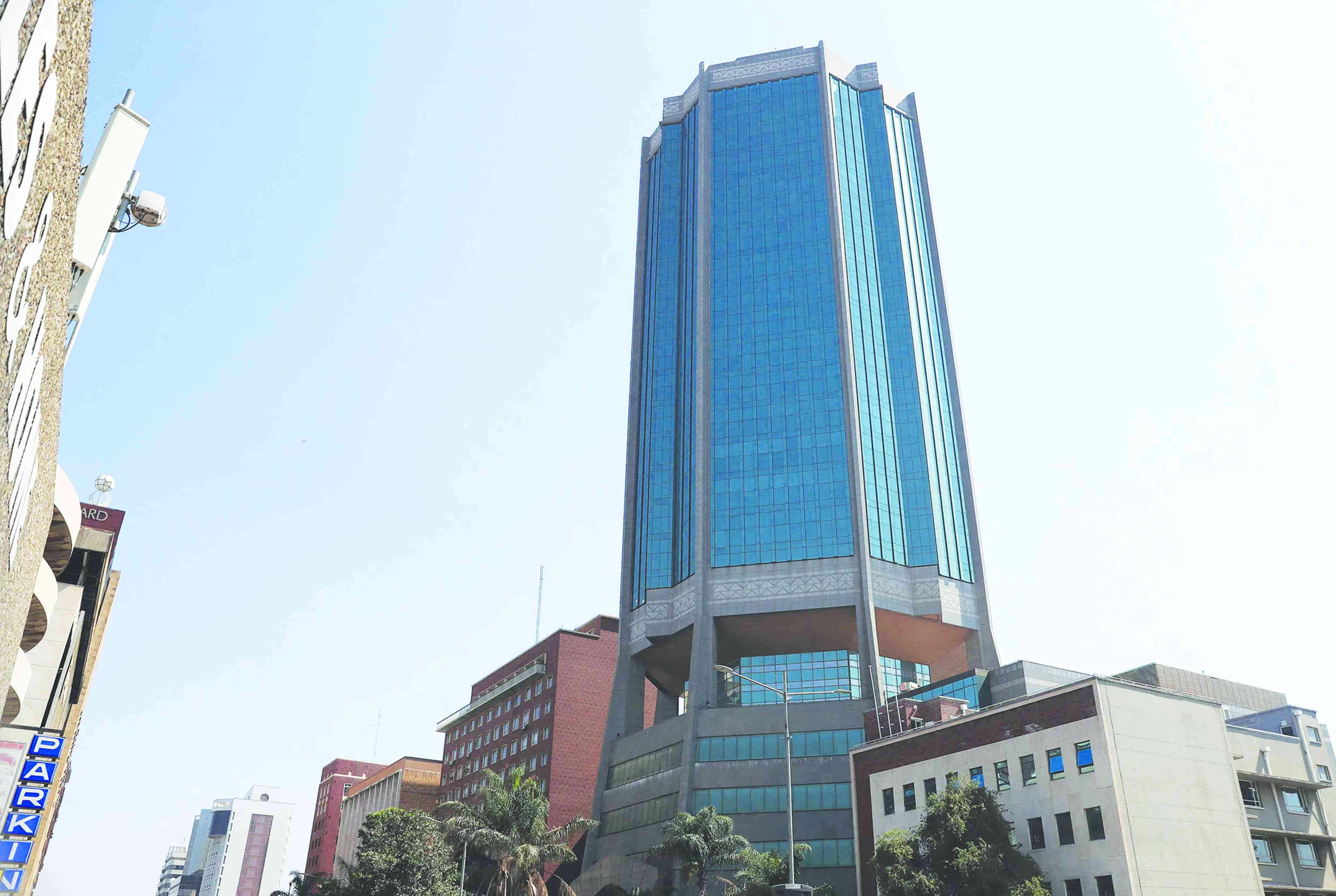
THE Ministry of Public Service, Labour and Social Welfare launched the Zimbabwe National Business and Disability Network (NBDN) on September 25.
Zimbabwe became the 14th country in Africa and 80th in world to launch the NBDN. This initiative was led by the Employers Confederation of Zimbabwe (Emcoz) in collaboration with Sightsavers, International Labour Organisation (ILO) and other partners.
The NBDN will be steered by a committee whose responsibility is to engage more businesses to be part of the network and facilitate the necessary support.
The NBDNs are affiliated to ILO, Global Business Disability Network (GBDN), which acts as a network of networks to facilitate the peer to peer sharing and adoption of good practices in managing NBDNs.
The role of the NBDN is to facilitate learning among businesses and sharing of policies and practices on disability issues.
This includes leveraging on existing policies, strategies and guidelines such as the National Disability Policy, Guidelines on The Employment of Persons with Disabilities in the Public Service and the National Assistive Technology Strategy, among others, providing a clear path for businesses to follow.
The network will adopt different strategies and mechanisms to facilitate learning by companies. Further, the NBDN will provide technical guidance to their members on how to address barriers and challenges that they can face in recruiting and retaining employees with disabilities.
Other tools that can be used by the network include the ILO GBDN assessment tool that provides companies with a comprehensive framework to evaluate and improve their practices related to disability inclusion in the workplace.
The assessment tool considers aspects of recruitment, retention, workplace accommodations and inclusive policies enabling companies to benchmark their level of disability inclusion efforts against global practices.
The NBDN will serve as a single voice of businesses in promoting disability inclusive employment in Zimbabwe.
Many employers are unaware of the full potential of people with disabilities or may hold misconceptions about their abilities. Unconscious bias and stereotypes about disability often influence recruitment processes.
For example, some employers assume that hiring someone with a disability will be more difficult and costly. Online job opportunities and application systems are sometimes not accessible to people with disabilities creating barriers.
Employers might not be familiar with the types of accommodations needed for different disabilities and may fear the cost and complexities of providing them.
In addition, companies may lack internal resources or expertise to effectively recruit and support employees with disabilities. Many employers fail to actively engage the organisations and networks that support individuals with disabilities limiting their access to a diverse workforce.
A non-inclusive workplace culture can make it harder to attract and retain employees with disabilities. Therefore, addressing such challenges requires companies to recognise and be part of the NBDN regardless of the sector, size or geographical location.
Private or public sector companies can be a member of the NBDN and commit towards improving their disability inclusion policies and practices.
However, some companies have fears or concerns joining NBDN because they assume it will expose them to scrutiny regarding compliance to disability inclusion and disability laws. Some employers are concerned about the resistance from existing workforce and leadership as it may reveal gaps in their current culture.
Some businesses that have very little experience and unfamiliar with disability inclusion might feel unprepared to adopt certain practices. Some employers might be concerned that joining the NBDN will require significant time and resources, straining their human resources and diversity efforts. In some cases, employers fear the complexity of making organisational changes, such as facilitating accessibility and adapting workspaces.
While the above fears are a reality, the NBDN is designed to address most of these concerns by offering support, resources and best practices.
The NBDN enables the companies to promote inclusive environments and demonstrate their commitment to diversity and accessibility. The network will provide resources and share best practice in the recruitment, retention and support for employees with disabilities.
In addition, companies stay informed of the disability laws and standards for accommodating workers with disabilities. Companies that engage with the NBDN will enhance their reputation as an inclusive employer and tap into the diverse experiences and skills of employees with disabilities.
Inclusive workplaces have higher levels of productivity and retention, creating supportive environments that increase satisfaction. Employees with disabilities often provide creative solutions for inclusion; therefore, companies that embrace these innovations can improve customer service and product development which benefits all consumers or clients.
Disability inclusion is a journey that requires continuous guidance therefore, collaborating with the National Business and Disability Network will enable support and strengthen companies’ workforce, enhance diversity and contribute to a more equitable society.
The efforts of the National Business Disability Network resonate closely the Sustainable Development Goals (SDGs) - decent work and economic growth (SDG 8), reduced inequalities (SDG 10), no poverty (SDG 1) and partnership for goals (SDG17).
This aligns with the government priorities around inclusion, employment and economic growth. The NBDN will promote the inclusion of people with disabilities in the work force ensuring that they have access to decent work and equal opportunities.
Promoting inclusive recruitment, retention and career development for people with disabilities will reduce inequalities in the workplace. Enabling people with disabilities to secure meaningful employment will break the poverty and disability cycle and reduce their economic vulnerability.
Therefore, fostering partnerships between businesses, government, agencies and disability organisations will promote a shared goal around disability inclusion.
The National Disability Policy emphasises the importance of achieving economic empowerment and self-reliance by people with disabilities, therefore, all forms of discrimination based on disability on matters concerning employment is considered an offence.
Businesses are encouraged to employ persons with disabilities based on skills, qualifications, knowledge and abilities. Workplace adjustments, training and professional development, accessible workplaces must be provided among other accommodations to ensure that employees with disabilities perform their roles on an equal basis as others.
People with disabilities are integral in achieving the broader economic and social objectives, while supporting companies in building sustainable, inclusive and equitable work environments.
- Tigere is a development practitioner and writes in her personal capacity. These weekly New Horizon articles, published in the Zimbabwe Independent, are coordinated by Lovemore kadenge, an independent consultant, managing consultant of Zawale Consultants (Pvt) Limited, past president of the Zimbabwe Economics Society and past president of the Chartered Governance & Accountancy Institute in Zimbabwe (CGI Zimbabwe). – kadenge.zes@gmail.com or mobile: +263 772 382 852.










